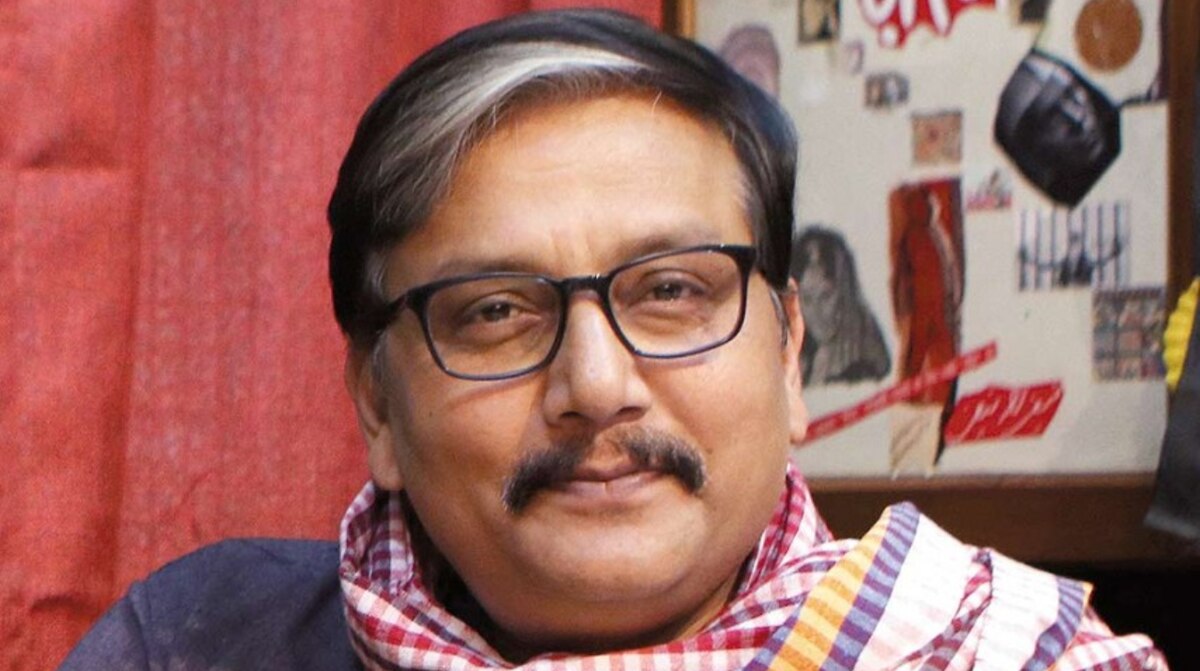Senior RJD leader and Rajya Sabha MP Manoj Kumar Jha has raised concerns about the central government’s recent announcement regarding the inclusion of caste data in the upcoming national census. He believes that while the step appears progressive, it may be politically timed and needs to be closely monitored to ensure genuine commitment to social justice.
Jha pointed out that for years, the BJP-led Centre had avoided or downplayed the importance of caste enumeration. He stressed that the recent shift in position should not be accepted at face value. Instead, he encouraged citizens and political opposition to treat this as just the beginning of a long battle for equal representation and resources for backward and marginalized communities.
Reflecting on Bihar’s independent caste survey, Jha noted that the state had to carry it out using its own funds after the Centre allegedly withheld approval and support. Despite the survey successfully exposing deep-rooted socio-economic inequalities, its implementation stalled after political realignments, especially when Bihar Chief Minister Nitish Kumar rejoined hands with the BJP.
He further emphasized that the slogan “Sabka Saath, Sabka Vikas” remains hollow unless supported by reliable data that reflects ground realities. Without caste-based statistics, it becomes difficult to ensure policies are effectively targeting those who need them the most.
Manoj Jha credited former leaders like Lalu Prasad Yadav, Sharad Yadav, and Mulayam Singh Yadav for championing the cause of caste census and argued that their efforts laid the groundwork for today’s demands. He urged like-minded parties and civil society to keep up the pressure, warning that the Centre’s change of heart may be aimed more at electoral gains than genuine reform.
In his closing remarks, Jha made it clear that the fight for social equality doesn’t end with announcements. It continues through constant public scrutiny, policy enforcement, and ensuring that data collected is actually used to uplift the underprivileged.






